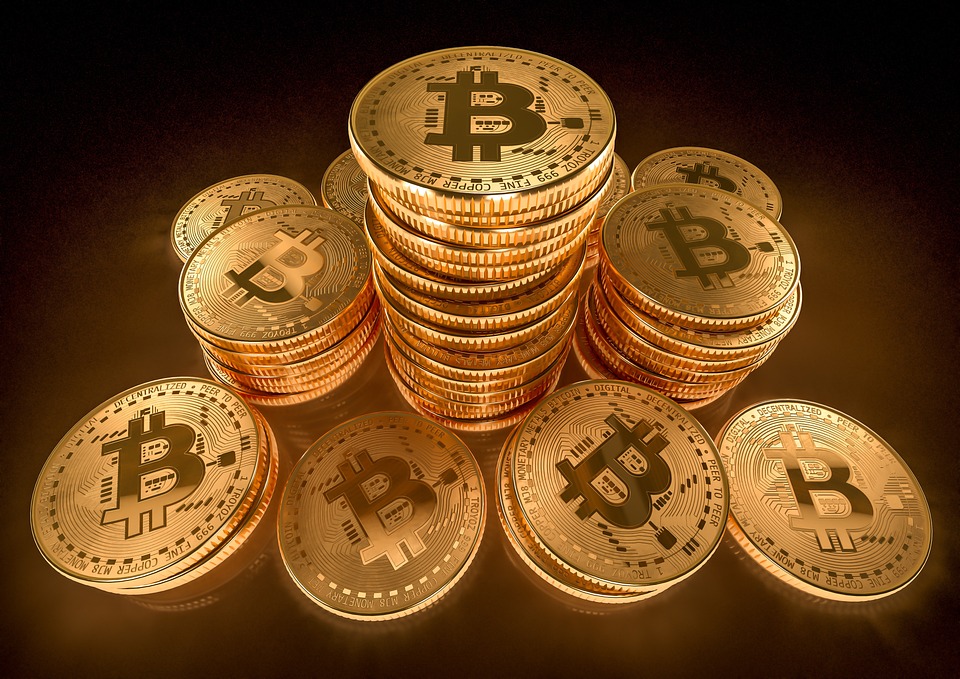The Rise of Decentralized Finance (DeFi): What You Need to Know
Decentralized Finance (DeFi) has emerged as one of the most transformative trends in the financial landscape, redefining how individuals access financial services. By leveraging blockchain technology, DeFi eliminates the need for traditional intermediaries such as banks and brokers, allowing for a more open, transparent, and accessible financial system. This article explores the rise of DeFi, its key components, benefits, and challenges, providing you with a comprehensive understanding of this innovative sector.
What is DeFi?
DeFi refers to a broad category of financial applications and services built on blockchain networks, primarily Ethereum. These applications enable users to perform various financial transactions such as lending, borrowing, trading, and earning interest without relying on centralized institutions. Instead, DeFi platforms utilize smart contracts—self-executing contracts with the terms of the agreement directly written into code—to automate and secure transactions.
The Key Components of DeFi
Several critical components drive the DeFi ecosystem, including:
- Decentralized Exchanges (DEXs): Platforms like Uniswap and SushiSwap allow users to trade cryptocurrencies directly with one another, eliminating the need for centralized exchanges.
- Lending and Borrowing Platforms: Services like Aave and Compound enable users to lend their assets to others and earn interest, or borrow assets by providing collateral.
- Stablecoins: Cryptocurrencies pegged to stable assets (e.g., USDT and DAI) provide a stable medium of exchange and store of value within the DeFi ecosystem.
- Yield Farming: A practice where users provide liquidity to DeFi platforms in exchange for rewards, often in the form of additional tokens.
- Insurance Protocols: Platforms like Nexus Mutual offer decentralized insurance solutions to protect users against smart contract failures and other risks.
The Benefits of DeFi
DeFi offers numerous advantages over traditional financial systems:
- Accessibility: Anyone with an internet connection can access DeFi services, regardless of their geographic location or financial status.
- Transparency: All transactions are recorded on the blockchain, providing a transparent and tamper-proof audit trail.
- Lower Costs: By cutting out intermediaries, DeFi can reduce fees associated with transactions, lending, and trading.
- Programmability: Smart contracts allow for the creation of complex financial instruments and automated processes that were previously difficult to implement.
The Challenges Facing DeFi
Despite its potential, DeFi also faces several challenges:
- Regulatory Uncertainty: Governments around the world are still grappling with how to regulate DeFi, which could impact its growth and adoption.
- Security Risks: Smart contracts are not immune to bugs and vulnerabilities, which can lead to significant financial losses.
- Scalability Issues: Many DeFi platforms operate on congested networks, leading to high transaction fees and slow processing times during peak demand.
- User Experience: The complexity of DeFi applications can be intimidating for new users, hindering broader adoption.
The Future of DeFi
As the DeFi ecosystem continues to evolve, we can expect to see greater innovation, increased institutional interest, and improved regulatory clarity. Projects are increasingly focusing on interoperability, allowing different DeFi platforms to communicate and work together seamlessly. Additionally, the integration of Layer 2 solutions aims to address scalability and cost issues, making DeFi more user-friendly.
In conclusion, the rise of decentralized finance is reshaping the financial landscape, offering unprecedented opportunities for individuals to take control of their financial destinies. While challenges remain, the potential for DeFi to revolutionize access to financial services is immense. For anyone interested in finance, technology, or investment, understanding DeFi is essential in navigating the future of finance.



